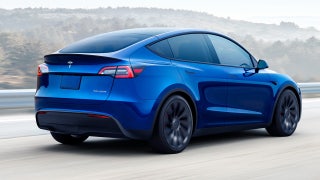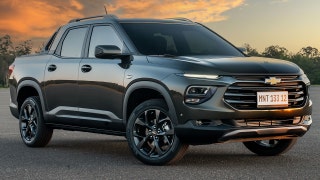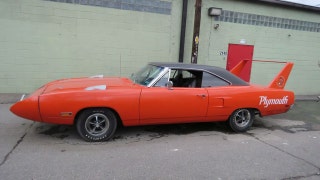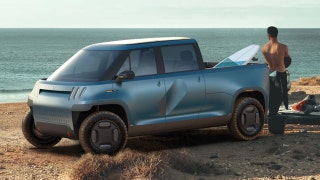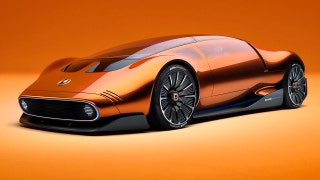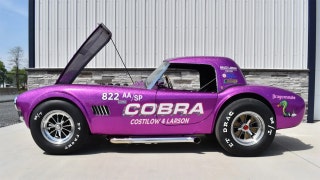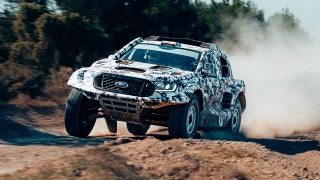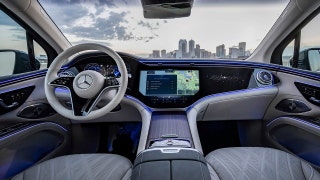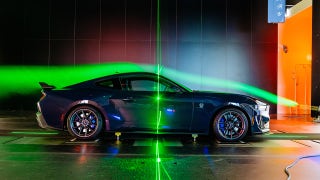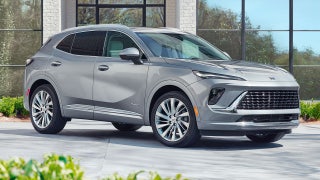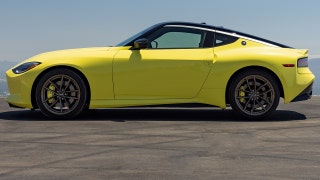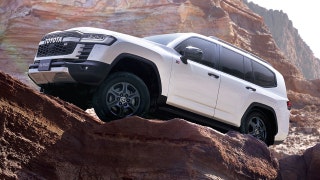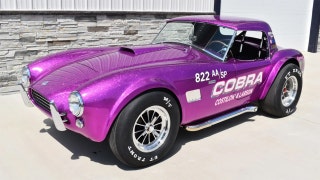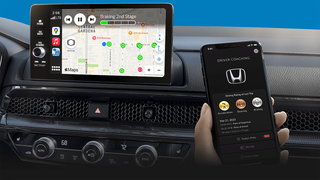The company that put the world on four wheels a century ago may be looking to do it again, but this time around with just two.
This week at the 2011 Frankfurt Motor Show, the Ford Motor Company unveiled its E-Bike Concept, an electric bicycle designed by the automaker to test the waters in a quickly growing segment of the transportation industry. According to Ford, last year over 30 million electric bicycles were sold worldwide. Most of those found homes in Asia, but Europe and the United States have both seen an uptick in interest in recent years.
Ford’s unisex bike is constructed of carbon fiber and aluminum and hides its battery within a U-shaped frame. The electric motor is located in the front wheel hub and can propel the E-bike to a top speed of 15 mph, but is really meant to assist a pedaling rider. An 11-speed internal gear hub resides in the rear and is connected to the pedals via a Carbon Belt Drive System. A computer automatically engages and disengages the motor as needed, similar to the way a hybrid car works. Maximum combined range is over 50 miles per 4-hour charge.
Ford says it has no intention of building the E-Bike just yet, but joins a number of automakers considering similar vehicles while they look to expand their businesses from cars to “mobility” as environmental concerns and rapid urbanization begin to push traditional automobiles further from the mainstream.
Smart, which already makes the smallest car sold in America, will be adding its own Ebike next year. Differing from the Ford in that the electric motor drives the rear wheel, it is basically the same concept, but with a three-speed transmission, regenerative brakes and a range of up to 60 miles. There’s also a USB port for a handlebar-mounted smartphone.
Pricing for the Smart Ebike has not been announced, but existing electric bikes with the similar specifications, like those from Kettler and Optibike, can cost anywhere from $2,500 to $9,000 or more in the United States.
Who knows, if these things catch on we may have to start calling companies like Ford and Smart semi-automakers.
